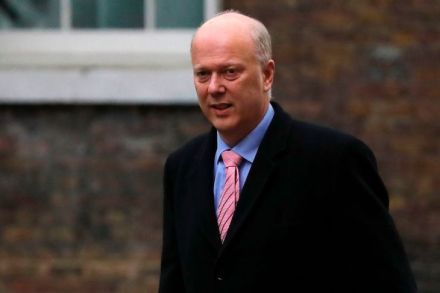It would be a mistake for Tory rebels to back May’s Brexit deal
How unsophisticated can Theresa May get in her efforts to persuade MPs to back her crumbling Brexit deal? Earlier this week we had her £1.6 billion bribe for “left behind” constituencies of Labour MPs who might just be tempted to back her deal. Yesterday, in Grimsby, she turned to her own backbenchers, telling them: “Reject [the deal] and no-one knows what will happen. We may not leave the EU for many months. We may leave without the protections a deal provides, we may never leave at all.” She is of course right: no-one knows what will happen on Tuesday nor in the coming three weeks before 29 March. It does




















